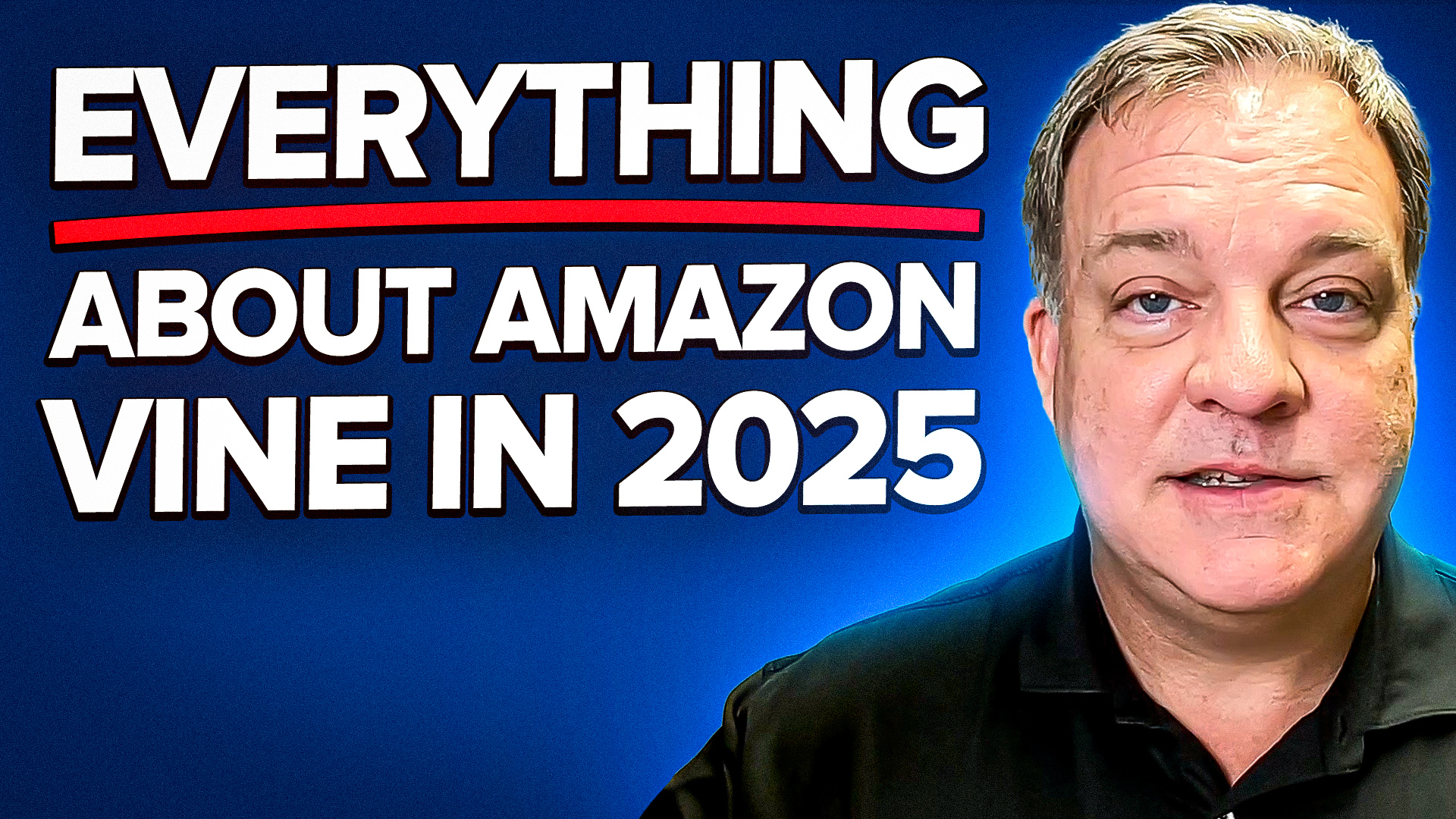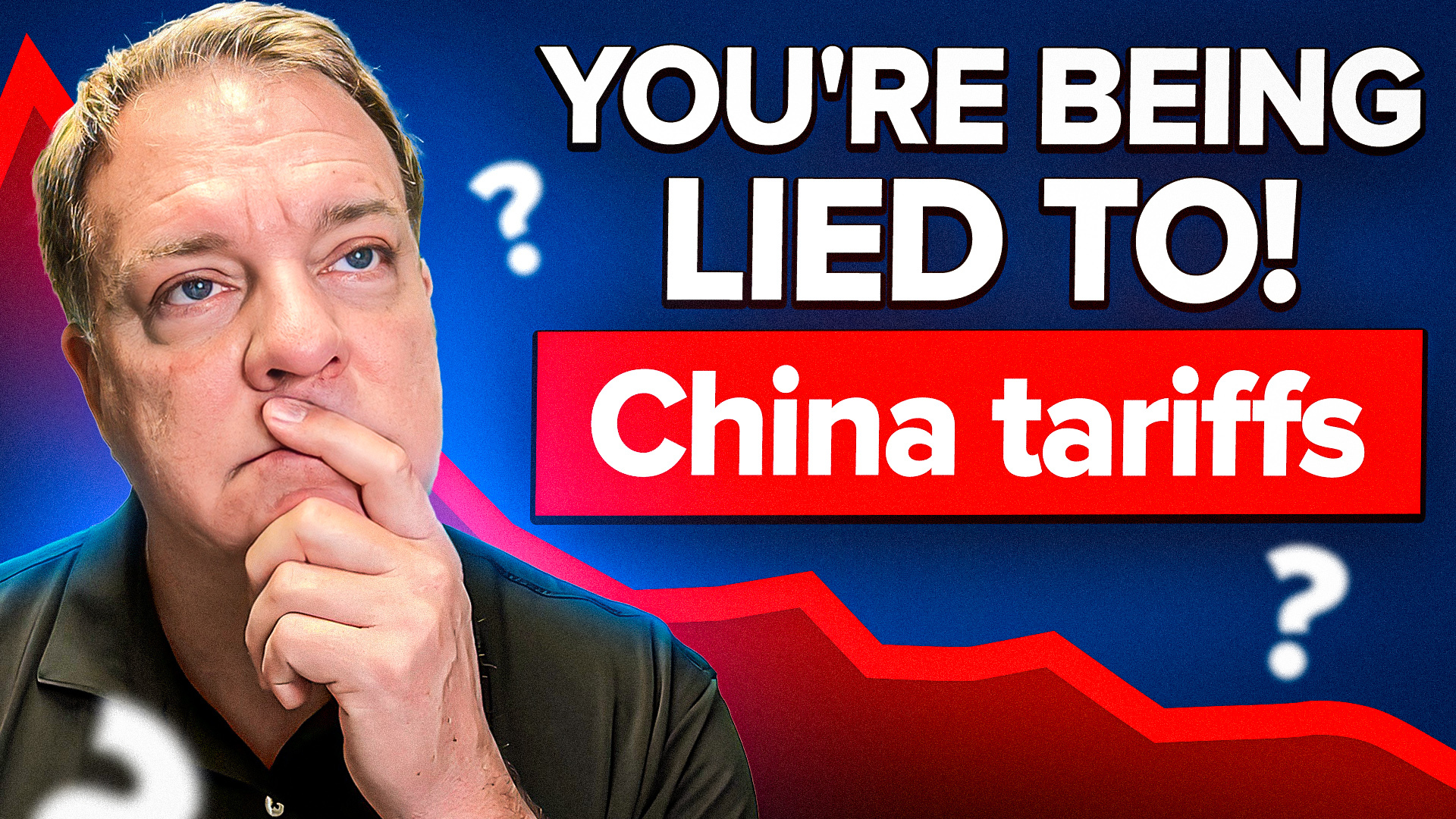Podcast: Play in new window | Download
When it comes to selling on Amazon, aspiring entrepreneurs often face a crucial question: Should I resell other people’s products or create my own brand through private labeling? This debate is one that continues to ignite discussions among sellers, and understanding the nuances of each approach is vital for making an informed decision. In this article, we will explore the advantages and disadvantages of both models, providing insights that can help you choose the best path for your Amazon FBA business.
Understanding the Basics: Private Label vs Wholesale Reselling
Before diving into the specifics, let’s clarify what private labeling and wholesale reselling entail. Private labeling involves creating your own brand and products, typically through a manufacturer. This model allows for greater control over branding, pricing, and product quality. On the other hand, wholesale reselling consists of purchasing products from manufacturers or distributors and selling them under their existing brand names. Each model comes with its own set of challenges and opportunities.
The Investment Factor: Capital Requirements
One of the most significant factors influencing the decision between private labeling and wholesale reselling is the capital investment required. Starting a private label brand often demands substantial upfront costs. This includes product development, design, manufacturing, and inventory management. As such, aspiring private label sellers need to have a considerable amount of capital at their disposal.
In contrast, wholesale reselling typically requires a lower initial investment. Sellers can purchase products in smaller quantities, allowing for more flexibility. This is particularly advantageous for those who may not have significant funds to commit to an entire brand launch. Therefore, if capital is a concern, wholesale reselling may be the more accessible option.

Access to Products: Speed and Convenience
Another advantage of wholesale reselling is the ease of access to products. When creating a private label brand, sellers must go through a lengthy process of sourcing products, obtaining samples, and managing manufacturing logistics. This can be time-consuming and may involve dealing with international shipping complexities.
In contrast, wholesale resellers can often acquire products quickly. For instance, by utilizing retail arbitrage techniques, sellers can purchase discounted products from local stores and immediately list them on Amazon. This means that resellers can start generating revenue much faster than those who are launching a private label brand.

Advertising and Marketing Costs
In the highly competitive Amazon marketplace, advertising plays a crucial role in product visibility. For private label sellers, building brand awareness often requires a significant investment in pay-per-click (PPC) advertising and other marketing strategies. Many private label brands find themselves allocating 10-20% of their gross sales to advertising, especially in the early stages.
On the other hand, wholesale resellers can benefit from the established brand recognition of the products they sell. Since customers are already familiar with these brands, there is often less need for extensive advertising. This can lead to reduced marketing costs and a more straightforward path to profitability.

The Creative Factor: Skills and Ideation
Creating a successful private label brand requires a certain level of creativity and strategic thinking. Sellers must be able to identify market gaps, develop unique products, and create a compelling brand story. This process can be challenging for those who may not possess strong ideation skills.
In contrast, wholesale reselling allows sellers to focus on execution rather than product development. For those who excel in operations and logistics but struggle with product ideation, reselling can be a more suitable model. It eliminates the need for extensive creativity while still allowing for successful business operations.

Long-Term Goals: Building an Asset
One of the most compelling arguments for private labeling is the potential to build a valuable brand asset. Successful private label brands can be sold for significant multiples, providing a lucrative exit strategy for entrepreneurs. This potential for long-term growth and brand equity is often a key motivator for those choosing the private label route.
While wholesale reselling can be profitable, it may not offer the same long-term asset-building potential. Resellers are often seen as intermediaries without the same level of brand recognition or customer loyalty. This distinction is essential for sellers considering their long-term goals and exit strategies.

Finding Your Path: Which Model is Right for You?
Ultimately, the choice between private labeling and wholesale reselling comes down to individual circumstances, goals, and preferences. For those with limited capital and a desire for quick returns, wholesale reselling may be the ideal starting point. It offers a lower barrier to entry and the ability to generate income relatively quickly.
Conversely, if you have the capital, creativity, and a long-term vision, private labeling presents opportunities for brand building and significant financial rewards. It requires more effort and investment upfront but can lead to a more sustainable and profitable business in the long run.

Conclusion: Making the Best Decision for Your Business
In conclusion, both private labeling and wholesale reselling have their unique advantages and challenges. Understanding these factors can help you make an informed decision that aligns with your business goals. Whether you choose to create a private label brand or pursue wholesale reselling, the key is to remain adaptable and continuously learn from your experiences in the ever-evolving e-commerce landscape.
For further insights and resources on excelling in e-commerce, consider subscribing to newsletters and following industry experts. Engaging with communities and learning from others can provide valuable guidance as you navigate your entrepreneurial journey.
Remember, the path you choose should reflect your strengths, resources, and aspirations. Both models can lead to success if approached with the right mindset and strategies.
For more information on optimizing your e-commerce business, check out eCom Catalyst and explore the resources available to support your journey.






